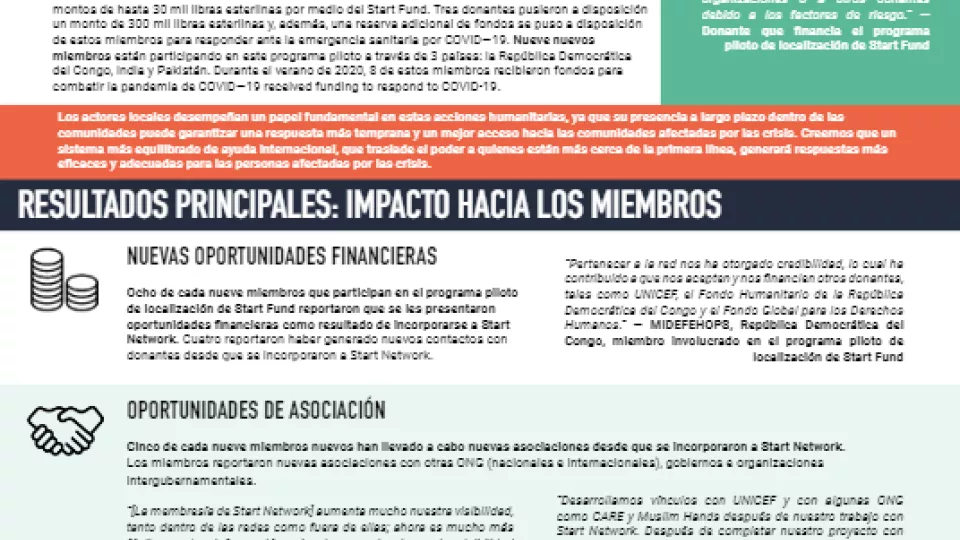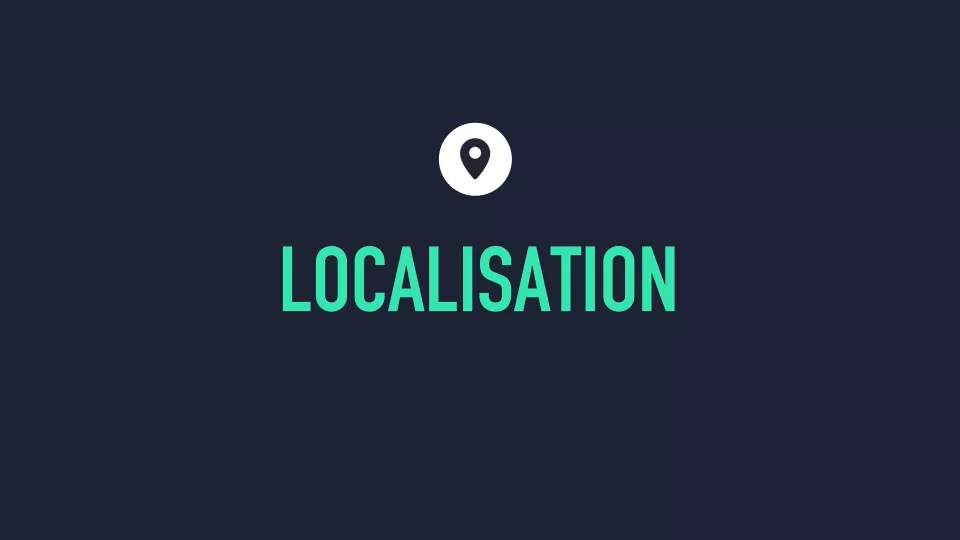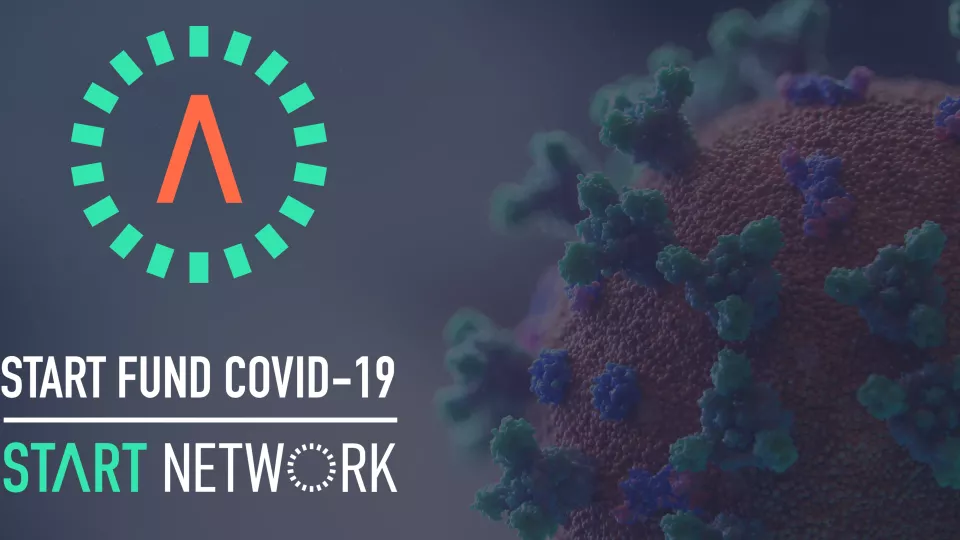
Local Partner Report - Spanish
En 2020, Start Network llevó a cabo una encuesta entre 98 organizaciones locales y nacionales (75 hombres y 23 mujeres de 32 países) que se habían asociado previamente con Start Network o con un miembro de Start Network. El objetivo de la encuesta era comprender mejor el funcionamiento de las asociaciones. La encuesta pretendía identificar los retos y las oportunidades de las asociaciones de colaboración e igualdad entre los miembros de Start Network y los socios locales. El 94 % de los socios locales consideró que la interacción fue “muy positiva” o “positiva”, sin embargo, la mayoría (86 %) también consideró que había más cosas que Start Network o los miembros de Start Network deberían hacer para construir una relación más fuerte. Lea el resumen ejecutivo en bangla, francés, indonesio, inglés y urdu




